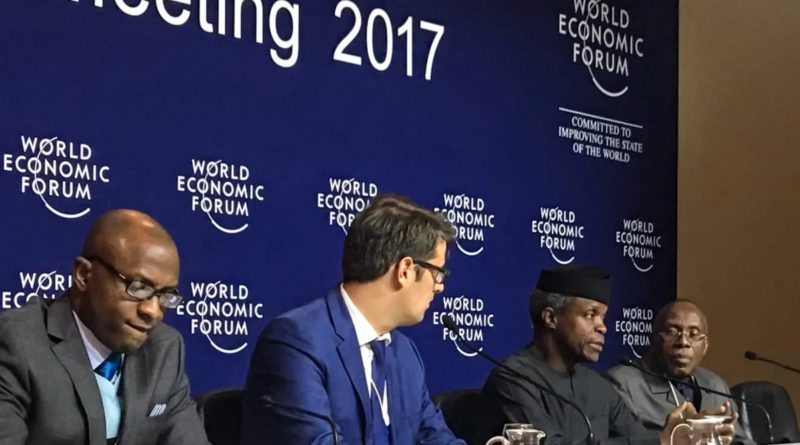The World Economic Forum (WEF) has raised concerns over what it says is the economic impact of new technologies in a report on global risks released Wednesday.
In a review article on the 2018 WEF Global Risks Report, Alison Martin, group chief risk officer, Zurich Insurance Group, said the report also reflected concerns over new technology as a driver of inequality, noting that two risks that are closely connected are “adverse consequences of technological advances” and “high structural unemployment or underemployment.”
Besides, the report highlights how current patterns of innovation threaten the viability of the “escalator to higher income levels”, pushing industrial workers into low-end service sectors, Martin noted.
Artificial intelligence (AI), the review observed, presents many opportunities, but it added that short-term incentives might lead to the use of emerging technologies in ways that cause irreversible harm, such as using AI-piloted drones to wipe out large proportions of global fish stocks.
Martin suggested that new global governance norms and institutions are needed to prevent destructive use. “AI is also linked to the spread of misinformation through social networks, which remains highly relevant for 2018 as “fake news” has now acquired global prominence,” he observed from the global risks report.
Broadly, the WEF Global Risks Report, identified the environment, cyber attacks and weapons of mass destruction as the biggest risks the world would face in 2018. Also ranking in the top five of risks the world is faced with this year are extreme weather events, natural disasters and a failure to mitigate or adapt to climate change.
These risks also form part of the top 10 list of risks that could have the most impact, along with biodiversity loss and ecosystem collapse, making it the worst year yet for environmental risks.
“Environmental risks, together with a growing vulnerability to other risks, are now seriously threatening the foundation of most of our commons. Unfortunately, we currently observe a ‘too-little-too-late’ response by governments and organisations to key trends such as climate change. It’s not yet too late to shape a more resilient tomorrow, but we need to act with a stronger sense of urgency in order to avoid a potential system collapse.”
Real also: Improvements in Nigeria, others contribute a third of global growth in 2017 – UN
The WEF warning comes as even as Donald Trump, the president of the United States, who last year pulled out of the Paris agreement, prepares to head to the WEF’s annual gathering in Davos next week.
But Richard Samans, a member of the managing board of the WEF, did not dismiss the importance of his attendance.
“The US remains an absolutely critical player in a wide range of the areas we’re talking about here and perceives itself as such,” he said. “For example on cyber the US is acutely conscious of this issue and I think what would be instructive, of course, is to hear from the new United State administration.”
The risk of cyber attacks also climbed in the rankings, something likely to cross over with geopolitical risks in the form of state-sponsored attacks, experts said.
The majority of leaders in the business world said they believe risks would intensify in the year ahead.



